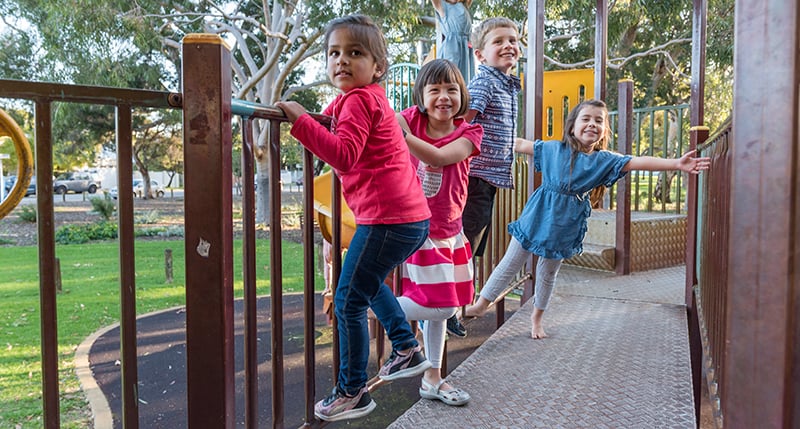Search

News & Events
Senior researcher joins Embrace childhood trauma research groupResearch Fellow Karen Lombardi recently joined Embrace @ The Kids Research Institute Australia

News & Events
Building wellbeing amid permacrisis at Embrace panel discussionProfessor Helen Milroy, Embrace's Co-Director, gave the keynote speech at the November event.

News & Events
Embrace research expert at Inside Our Minds launchEmbrace @ The Kids Research Institute Australia researcher Dr Alix Woolard at The Y's Inside Our Minds launch

News & Events
National survey reveals mental health burden on Aboriginal and Torres Strait Islander LGBTQA+ youthMEDIA ENQUIRIES Media Contacts Please direct general enquiries to our reception on (08) 6319 1000. Please direct media enquiries to our media team:

News & Events
Mental health MattersSaxon Marrell proves one person who cares can make a difference.

In addition to our busy lives, there’s a lot going on around us locally and across the world.

Not all children or teenagers identify with the gender they were presumed at birth. As a result, some may choose to change their name, their clothes or their body and live as a different gender. Some may choose to obtain specialised medical treatment.

News & Events
Decades-old work picked up by Google’s DeepMind leads to global scientific breakthroughA researcher's work from 20 years ago has helped to crack one of biology’s biggest mysteries.

News & Events
Celebrating kids and families with disabilityOn International Day for People with Disability this Sunday, The Kids Research Institute Australia celebrates the children and families we work with in our research, as we strive for better outcomes for kids with disability.
